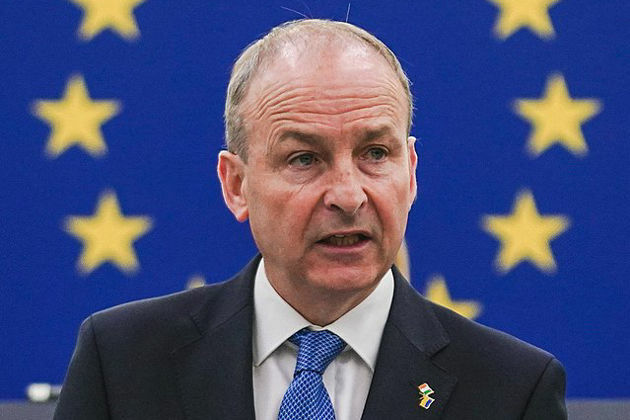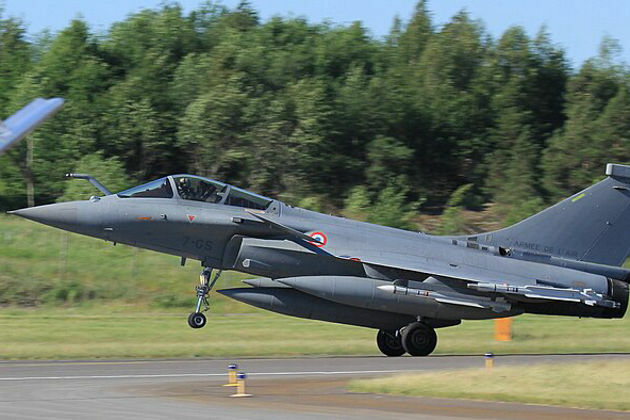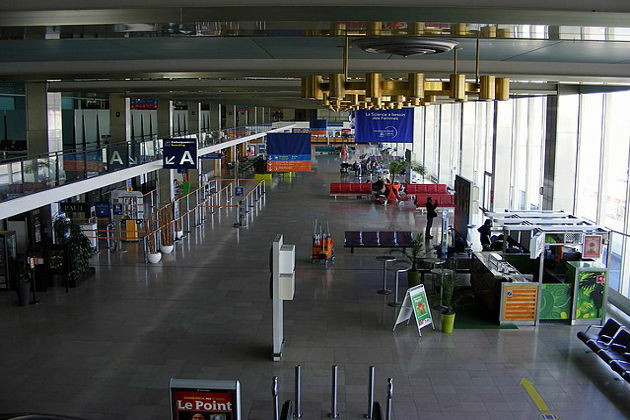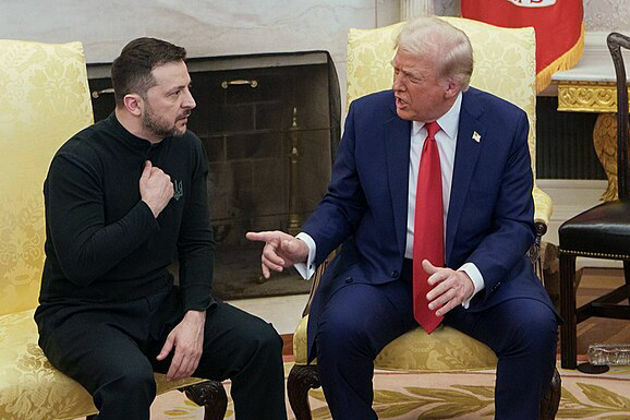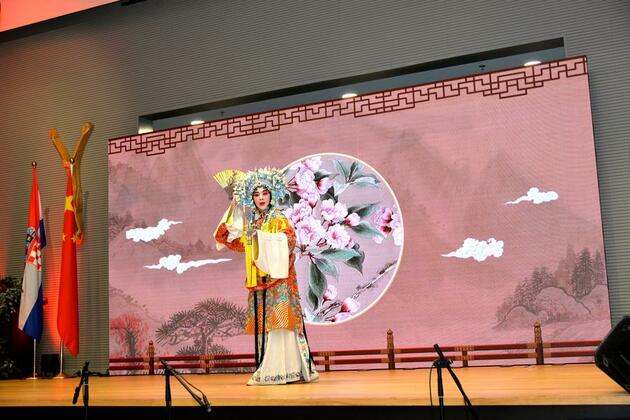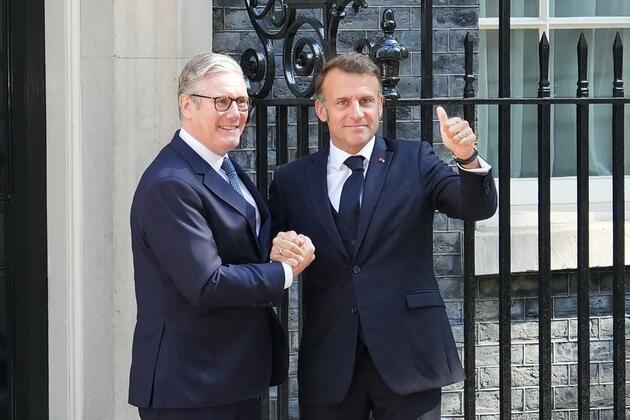Jordan Seeks Middle Ground in Mideast Rift
Voice of America
14 Aug 2019, 23:35 GMT+10
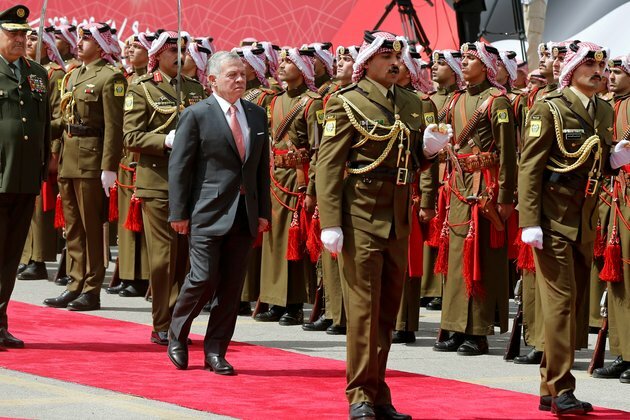
AMMAN, JORDAN - A diplomatic rift in the Middle East is deepening with Qatar and Turkey on one side, and Saudi Arabia, other Gulf Arab states along with Egypt on the other. Divisions have been growing over how to contain Iran's widening sphere in the region and the latest crisis on Gulf waterways, as well as the ongoing conflict in Syria and disputes over support of the Muslim Brotherhood and Hamas.
Key U.S. ally and moderate, Jordan, is trying to take some distance from its longtime Gulf Arab partners by getting closer to Qatar and Turkey and putting itself in the middle ground.
Jordan's King Abdullah is charting a more independent foreign policy course than in the past, analysts say, by taking some distance from the desert kingdom's longtime Gulf Arab partners. Jordan recently restored full diplomatic ties with Qatar by naming an ambassador to the country for the first time in two years, with Qatar following suit.
The development comes more than two years after Jordan downgraded its diplomatic representation, a few days after Saudi Arabia, the United Arab Emirates, Egypt and Bahrain - often known as the Arab Quartet - cut diplomatic ties with Qatar, accusing it of supporting Islamist militants and meddling in their internal affairs. Jordanian political analyst Osama al-Sharif explains.
"Jordan is realigning its foreign policy and the king is sending a statement that he does not want to be part of any axis or coalition in the region, except the coalition to fight ISIS. But other than that, Jordan has not joined the Saudi-led coalition in Yemen. It has taken steps to restore full diplomatic relations with Qatar because it does not want to be part of an anti-Qatar coalition," he said.
Jordan is also strengthening ties with Turkey after being wary of its growing clout in the Arab world. Turkey has been building up its influence as a major Sunni Muslim power player to compete with regional heavyweight Saudi Arabia in the Middle East, much in the same vein as Shiite Iran has jostled for control by using proxies in regional conflicts.
Analysts say Jordan's warming of relations with Qatar and Turkey, who are key rivals of Saudi Arabia, signals a turnaround in Jordan's foreign policy, known to support Saudi Arabia and the United Arab Emirates on most regional and inter-Arab conflicts.
But they say that Gulf Arabs states have not fulfilled pledges to help bolster Jordan with billions of dollars in a bid to soften the impact of International Monetary Fund austerity reforms on its cash strapped economy. And their shift in foreign policy focus on Iran along with Washington leaves Jordan worried whether a future Palestinian state will be set up under any Middle East peace deal.
Despite Jordan's King Abdullah II's first warning in 2004 about the spread of Iran's growing influence in Iraq, Lebanon and Syria-dubbed the Shiite crescent-analyst Al Sharif says Jordan doesn't have the appetite to get involved in the growing rift with Iran over the Gulf waterways.
Even with regard to Iran, it has been very careful in choosing what kind of actions to take when Saudi Arabia called for countries to withdraw or close their embassies. Jordan recalled the ambassador but kept the Iranian ambassador in Amman and did not close its embassy. So, Jordan is trying to underline the fact that it has its own interests to care for in the region and it does not want to be pulled into some sort of axis fighting another axis," he said.
The real bone of contention between Saudi Arabia and other Gulf Arab states, along with Egypt on the one hand and Qatar and Turkey on the other, is Iran says Günter Meyer, who directs the Center for Research in the Arab World at Germany's University of Mainz.
Qatar maintains a loose military cooperation with Iran and both countries jointly operate a gas field in the Gulf. Although Qatar tries to serve as a mediator, Meyer says, the Saudis do not find this acceptable.
He adds that the rift between also is playing out in Libya. There, Egypt and Saudi Arabia are backing Libyan militia commander Khalifa Haftar, while Qatar and Turkey support the government in Tripoli.
 Share
Share
 Tweet
Tweet
 Share
Share
 Flip
Flip
 Email
Email
Watch latest videos
Subscribe and Follow
Get a daily dose of Greek Herald news through our daily email, its complimentary and keeps you fully up to date with world and business news as well.
News RELEASES
Publish news of your business, community or sports group, personnel appointments, major event and more by submitting a news release to Greek Herald.
More InformationInternational Business
SectionPwC: Copper shortages may disrupt 32 percent of chip output by 2035
AMSTERDAM, Netherlands: Some 32 percent of global semiconductor production could face climate change-related copper supply disruptions...
Ireland’s PM ‘hopeful’ of EU-US tariff deal before July 9 deadline
DUBLIN, Ireland: Taoiseach Micheál Martin has expressed cautious optimism that the European Union and the United States can strike...
FedEx, UPS step up as Canada Post loses market share in strikes
OTTAWA, Canada: With Canada Post struggling to maintain operations amid labour unrest, rivals like FedEx and UPS are stepping in to...
Beijing blamed for covert disinformation on French fighter jet Rafale
PARIS, France: French military and intelligence officials have accused China of orchestrating a covert campaign to damage the reputation...
Beijing hits back at EU with medical device import curbs
HONG KONG: China has fired back at the European Union in an escalating trade dispute by imposing new restrictions on medical device...
Summer travel in chaos as French air traffic controllers walk off job
PARIS, France: A strike by French air traffic controllers demanding improved working conditions caused significant disruptions during...
Mediterranean
SectionBeijing hits back at EU with medical device import curbs
HONG KONG: China has fired back at the European Union in an escalating trade dispute by imposing new restrictions on medical device...
Weapons pause by Trump signals shift away from foreign wars
WASHINGTON, D.C.: President Donald Trump is drawing praise from his core supporters after halting key arms shipments to Ukraine, a...
Interview: Global Civilization Initiative far-reaching, says Croatian ex-president
Only through mutual understanding can we eliminate barriers and foster the continued development of all civilizations. I believe this...
'Sakamoto Days' Season 1 part two premiere date out, set to stream from this day
Washington DC [US], July 11 (ANI): Anime fans are in for a treat as one of the popular anime 'Sakamoto Days' is returning with its...
With confidence high, Venkatesh Kenche eyes strong European tour with India 'A'
New Delhi [India], July 11 (ANI): The India 'A' Men's Hockey Team is off to a flying start, registering back-to-back wins -- 6-1 and...
World Insights: Britain, France sign major defense, migration accords after bilateral summit
Britain and France unveiled a sweeping set of agreements on nuclear deterrence and migration control cooperation. by Xinhua Writers...


